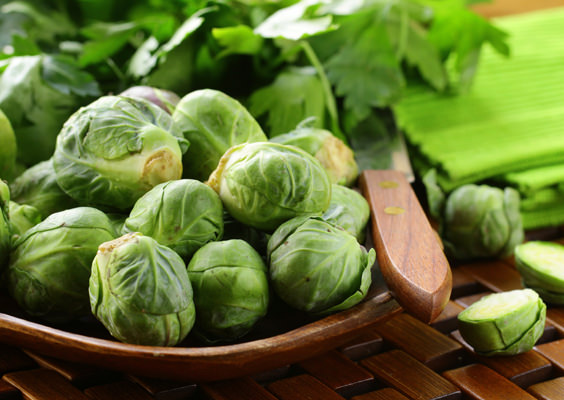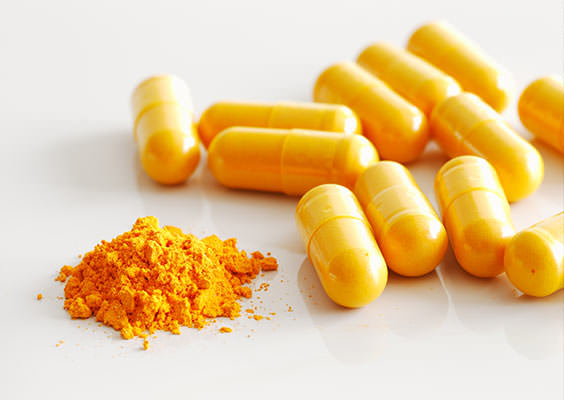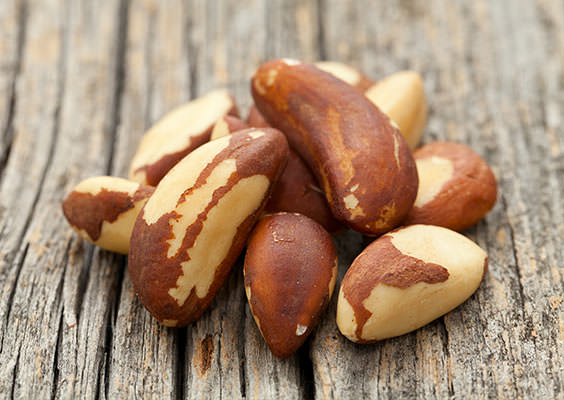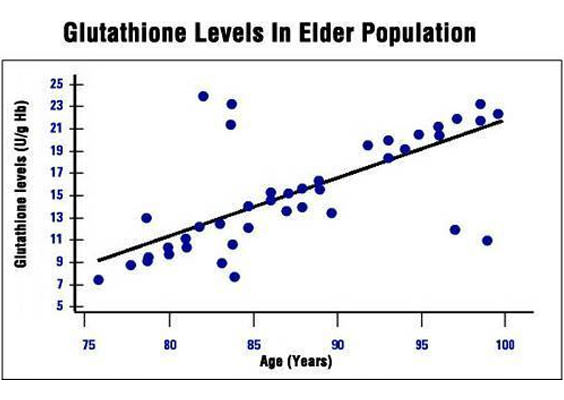If you’re a regular reader you know I recommend you start with food as your best natural source of nutrients and antioxidants.
But you should know that not all antioxidants come from outside your body. You already make one of the most powerful antioxidants we know of.
In fact, people with the highest levels are the ones who routinely live past 100. Plus, it may prevent a host of chronic diseases like arthritis, high blood pressure, heart disease, cancer and diabetes – just to name a few.
I’m talking about glutathione.
 |
|
Correlation between age and glutathione peroxidase (GSH-Px) levels in healthy elderly subjects (Rondelli, et al, 1997). Note that although younger adults have generally higher levels are most likely to survive the longest in good health. |
And even though your levels decline with age, boosting them back up is easy. Today, I’ll show you five steps you can use to help you boost your levels for tremendous health and anti-aging benefits. I’ll tell you the best sources of glutathione and its building blocks, and how much you need.
This may add decades to your life.
When scientists at the University of Louisville gave mosquitoes a glutathione booster, their levels went up by 50 to 100 percent. And, their life spans increased by a remarkable 30 to 38 percent.1
Doctors at the Montreal General Hospital Research Institute in Canada then repeated the experiment with mice. They were able to duplicate the results – boosting levels of glutathione and increasing life spans.2
Their success prompted others to investigate the effects of glutathione in humans. Odense University in Denmark compared levels of glutathione in centenarians (age 100 to 105) and people age 60 to 79 and found that glutathione was higher in the centenarians. And among the centenarian group, those who were the
most active had the very highest levels.3In the same way that high levels of glutathione increase life spans, low levels of glutathione show a direct link to chronic degenerative diseases. Here’s just a partial list:
|
|
And high levels of glutathione are associated with fewer illnesses. A University of Michigan study found that those with higher glutathione levels reported a greater sense of well being along with lower blood pressure, lower cholesterol and reduced body fat.4
Glutathione is also your body’s natural toxin remover. It resides in each cell and pushes out heavy metals.
 |
|
Glutathione is one of the most powerful antioxidants your body makes… but levels decline with age, allowing more oxidative stress and damage to your body as you get older. Fortunately, you can boost glutathione back up, giving you many health benefits – even longevity. |
Glutathione in your body is like an oil filter in a car. It filters out the bad junk and keeps you running in tip-top shape. When you don’t have enough glutathione in your cells, you can’t filter out the toxins that are common in our environment, and they take over.
Just like a car that runs on dirty oil and breaks down, your body will too.
To help keep your body running in top shape, here are the five ways to make sure you have enough glutathione:
Step #1:
The most natural way to build more glutathione in your body is eating foods high in glycine and cysteine, two of the three amino acids that make glutathione. Meat, eggs and fish are your best sources. But you can also get glycine and cysteine from yogurt and sunflower seeds. Also, horseradish, broccoli, cauliflower, cabbage, red peppers and Brussels sprouts contain cyanohydroxybutene which increases glutathione levels.

Step #2:
Glutamine is the third amino acid you use to make glutathione, and your digestive system relies on it. You make glutamine from another amino acid, glutamate, which powers the cells of your gastrointestinal tract.
And did you know that the friendly little defenders in your gut called “microflora” help turn glutamine into glutathione? That’s because these flora help you make a form of vitamin B3, or niacin, which helps the conversion.
Like any amino acid, meat is your best source for glutamate. But you can also get it from raw spinach (there is very little left after spinach is cooked). To protect your flora so it can produce glutamine, eat fermented milk products like yogurt, kefir and even buttermilk. You can also take probiotic supplements.
If you can’t get enough glutamate in food, take 1 gram (1,000 mg) of L-glutamine three times a day.

Step #3:
These nutritional supplements will boost your glutathione:
- Alpha Lipoic Acid (ALA) –Works throughout your body helping regenerate glutathione making it active again, increasing its effectiveness. Take 250 mg a day.
- Melatonin – Increases the activity of enzymes that help metabolize glutathione in your cells.5 Take .3 to .5 mg a half hour before bedtime.
- Bilberry – The extract of bilberry seems to keep glutathione from being depleted, and increases its activity. Take up to 100 mg a day.
- Grape Seed Extract – Helps switch on your glutathione production. 60 mg a day.
- Turmeric – This spice derived from the rhizomes of Curcuma longa, a member of the ginger family, enhances the synthesis of glutathione. You can find Turmeric’s active ingredient, curcumin, as a supplement. Take 500 mg twice a day.

Step #4:
There are also three reliable glutathione precursors – nutrients that your body uses directly to make glutathione. They are:
- Whey protein. It’s full of amino acids, and especially the ones that build glutathione.6 Be sure to get pure whey from pasture-raised animals so it’s free of toxins and hormones.
- N-acetyl cysteine. Many clinical trials show NAC directly boosts production of glutathione and completely reverses depletion. Take from 1,800 mg to 2,400 mg a day.
- Selenium. You use it in the process of synthesizing glutathione. All you need is 55 mcg of selenium a day. Eating one Brazil nut each day more than does the trick.

Step #5:
I recommend you help your body build its glutathione levels up naturally with food and amino acids. But if you can’t get enough of those, you can take glutathione supplements. You will need from 1 to 2 grams per day. About 80 percent of most glutathione supplements are absorbed and used by your body.
1. En Richie JP, et al. Correction of a glutathione deficiency in the aging mosquito increases its longevity. Proc Soc Exp Biol Med. 1987 Jan;184(1):113-7.
2. Buonous G, et al. Immunoenhancing property of dietary whey protein in mice: Role of glutathione. Clin Invest Med. 1989b;12:154-161.
3. Andersen HR, Lower Activity of Superoxide Dismutase and High Activity of Glutathione Reductase in Erythrocytes from Centenarians, Age and Aging, 1998;27:643-648.
4. Julius M. Glutathione and morbidity in a community-based sample of elderly. Journal of Clinical Epidemiology. 1994;47(9):1021-1026.
5. Swiderska-Kolacz G, Klusek J, Kolataj A. "The effect of melatonin on glutathione and glutathione transferase and glutathione peroxidase activities in the mouse liver and kidney in vivo." Neuro Endocrinol Lett. 2006 Jun;27(3):365-8.
6. Bounous G, et al. The influence of dietary why protein on tissue glutathione and the diseases of aging. Clin Invest Med. 1989a Dec;12(6):343-9.

